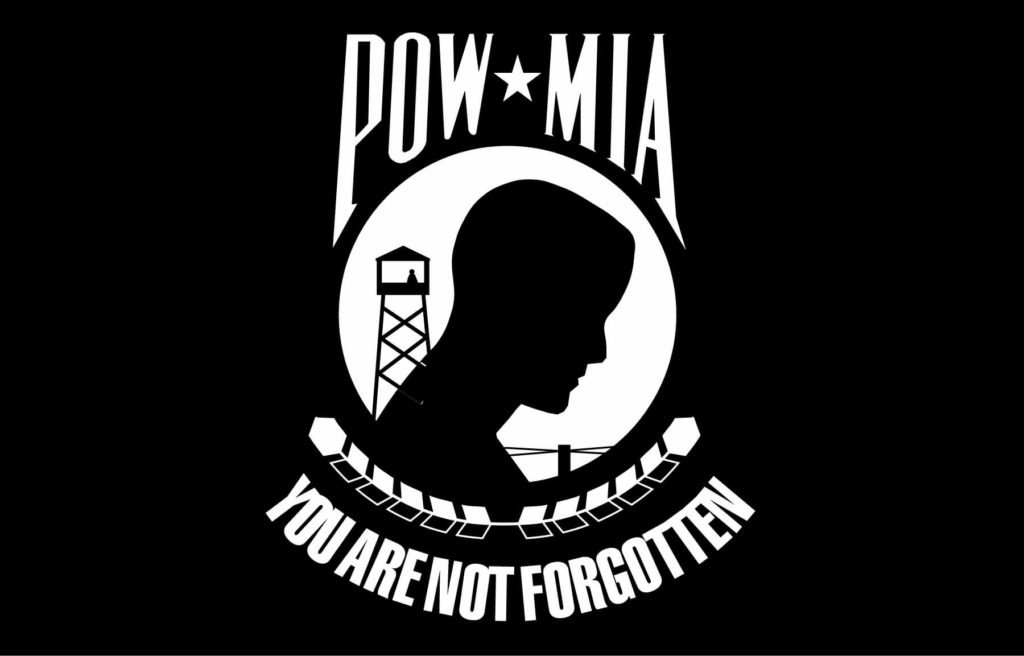What VA Benefits Are Available to Former Prisoners of War (POWs)?

CCK Law: Our Vital Role in Veterans Law
What is a Prisoner of War (POW)?
Veterans who were forcibly captured or interned by an enemy government, its agents, or a hostile force while in the line of duty during active military service are considered prisoners of war (POW).
Veterans forcibly detained or interned by a foreign government, its agents, or a hostile force while serving in the active military service during a time of peace are also considered to be POW as long as the circumstances of captivity are comparable to wartime internment.
According to the VA, more than 500,000 Americans have been captured and interned as prisoners of war since the American Revolution, with 142,000 prisoners of war since World War I. As of 2007, VA estimates that about 16,000 POWs were receiving disability compensation and healthcare for their service-connected injuries, diseases, or illnesses incurred from their time spent in service.
Can Former POW Receive VA Disability Compensation and Healthcare Benefits?
Yes. The Former Prisoners of War Benefits Act, passed by Congress in 1981, mandated medical and dental care for former POWs. Veterans who became at least 10% disabled as a result of their time spent as a POW can qualify for VA disability compensation, VA hospital and nursing care, and outpatient treatment.
While being treated in a VA-approved outpatient program, former POWs are eligible to have their medicines, hearing aids, glasses, or prostheses covered. Additionally, these veterans are entitled to receive dental benefits. Former POWs who do not have a service-connected disability may still qualify for access to VA hospital and nursing home care.
Former Prisoners of War seeking assistance with VA benefits should reach out to their local VA Regional Office, as each location has a Prisoner of War Outreach Coordinator. Prisoner of War Outreach Coordinators can serve as a direct point of contact for former POWs to learn about the benefits available to them. Any veteran pursuing a claim for disability benefits from the VA is encouraged to reach out to a VA accredited representative or agent to aid in navigating the process.
Presumptive Conditions for Former POW
The following disabilities are presumed to be service-connected for veterans held captive as POWs for any length of time:
- Cold injury
- Psychosis
- Stroke and complications
- Dysthymic disorder or depressive neurosis
- Post-traumatic osteoarthritis
- PTSD or any of the anxiety states
- Heart disease and complications
- Osteoporosis on or after October 10, 2008 when PTSD is diagnosed
Veterans held in captivity as a POW for 30 days or more are also eligible for presumptive service connection for the following:
- Avitaminosis
- Beriberi
- Cirrhosis of the liver
- Chronic dysentery
- Irritable bowel syndrome (IBS)
- Helminthiasis
- Malnutrition, including associated Optic Atrophy
- Other nutritional deficiencies
- Peripheral Neuropathy, except when directly linked to infectious causes
- Osteoporosis on or after September 28, 2009
- Peptic Ulcer Disease
Additional Benefits for Prisoners of War, Dependents, and Survivors
Former POW can qualify for an array of VA services aside from disability compensation and healthcare. Such benefits include: education and training, pension, insurance, home loans, vocational rehabilitation and employment, clothing allowances, specialty adapted housing, adapted automobile equipment, and burial allowances.
Survivors and dependents of former POWs may qualify for death pension, healthcare, home loan guaranty, education and training, and burial services in a national cemetery. Dependency and Indemnity Compensation (DIC) is another benefit offered to eligible survivors of POWs. DIC is a monthly allowance paid to eligible surviving spouses, children, and parents of veterans who:
- Died while on active duty; OR
- Passed away due to a service-connected disability; OR
- Were rated totally disabled (including Total Disability based on Individual Unemployability, or TDIU) due to a service-connected disability for a minimum of 10 continuous years immediately prior to their death on or before September 30, 1999; OR
- Passed away after September 30, 1999 and were considered totally disabled (including TDIU) for at least 1 year immediately prior to death.
How Can Former POWs Expedite Their Claims?
Former Prisoners of War can submit a priority processing request to ask VA to expedite their claim. To do so, veterans should fill out the Priority Processing Request, VA Form 20-10207. Former POWs should also submit a copy of military personnel records, including DD Form 214, “Certificate of Release or Discharge from Active Duty, or other information such as service number, branch, dates of service, dates and location of internment, detaining power, or any other information relevant to the detainment.”
About the Author
Share this Post
